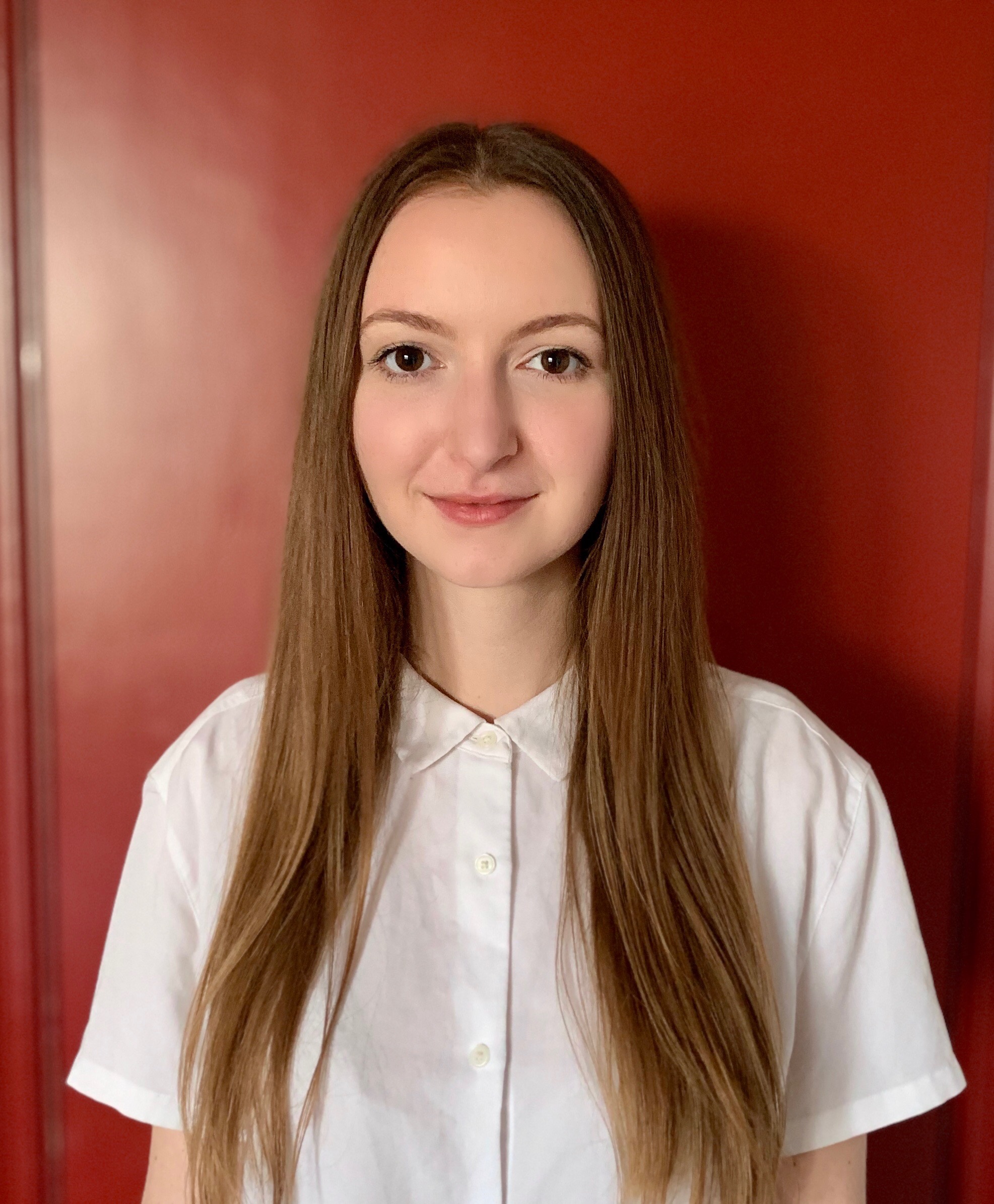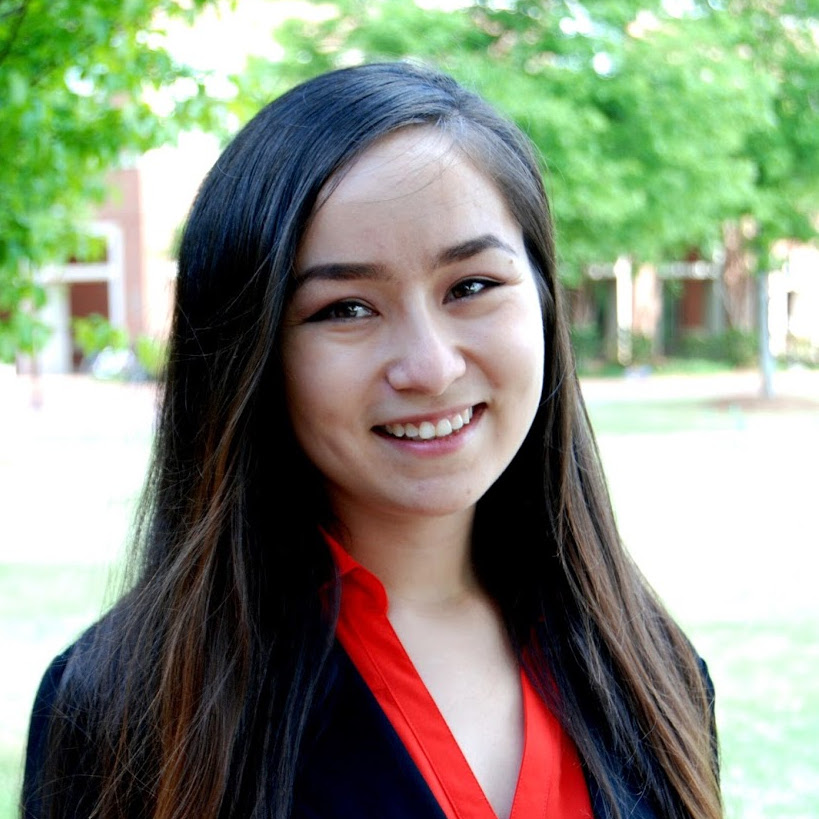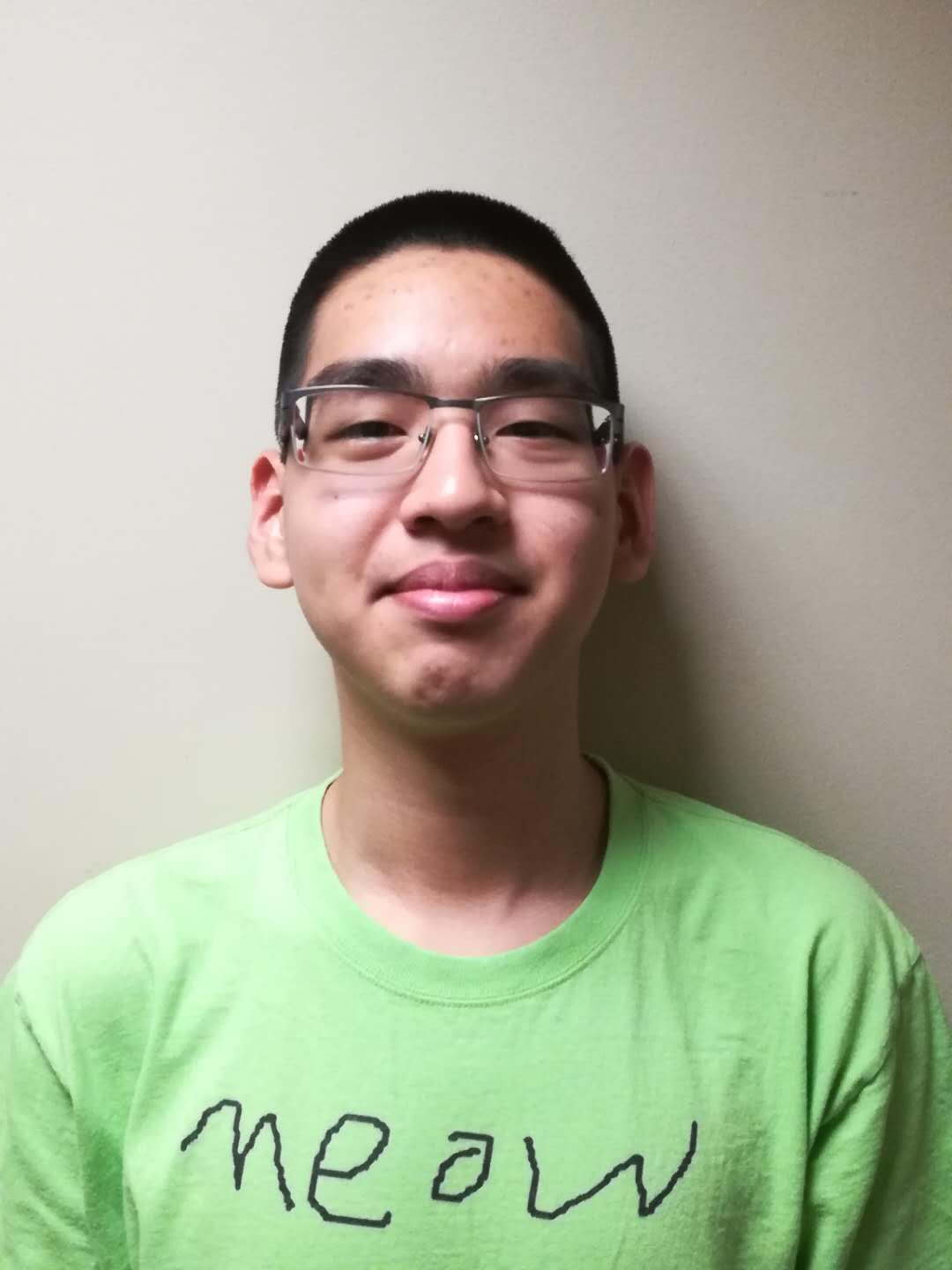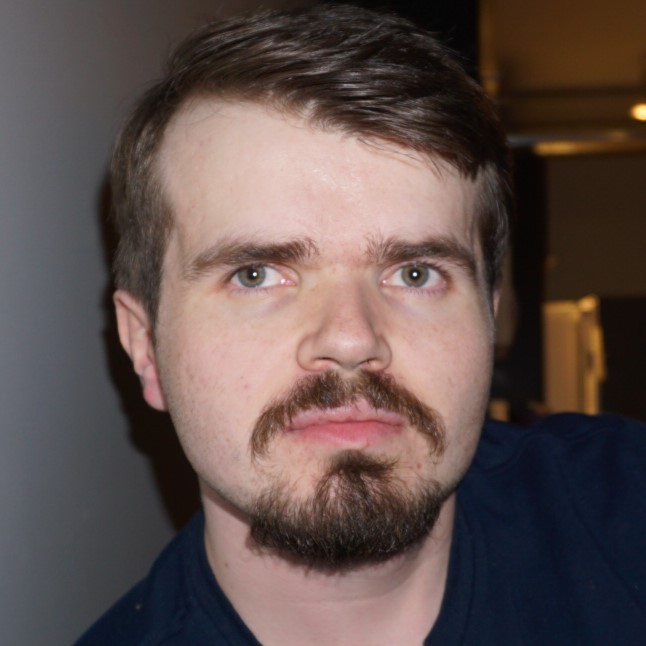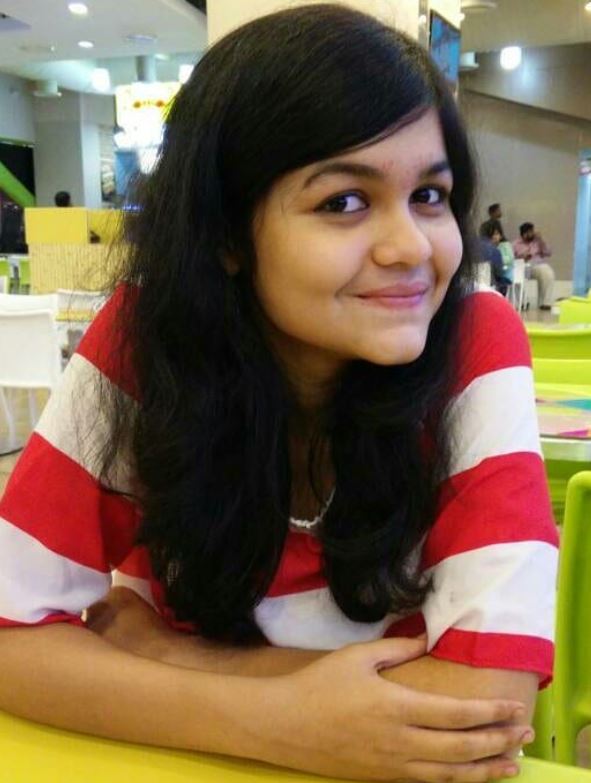Group Members
Jump to Post-Doc/PhDs/RAs, MS/UG students, alumni
Post-Doc/PhDs/RAs
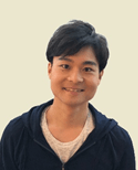
Hideshi Ooka
Visiting Scholar (2020 Oct. - Dec.), <hideshi.ooka(at)riken.jp>
Originally trained as an experimental spectro-electrochemist, I was confused by why my experimental results deviated from the Sabatier principle. During my PhD, I realized that this was mainly due to the difference between thermodynamics and kinetics, which is why I started doing microkinetics as a postdoc. At CMU, I hope to use the thermodynamic data from OC20 and OC22 to gain insight into kinetic information such as rate constants which may yield a more quantitative estimate of activity, selectivity, and stability. Outside of work, I enjoy playing the flute in the orchestra.
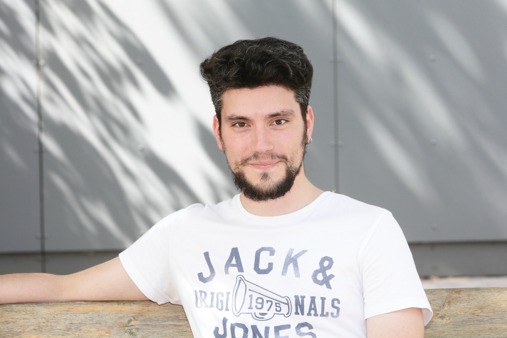
Javier Heras Domingo
Postdoc (2020-), <jherasdo(at)andrew.cmu.edu>
I completed my Ph.D’s degree in Theoretical Chemistry at the Universitat Autònoma de Barcelona (UAB). My work consisted in a comparison between RuO2 surfaces and nanoparticles in terms of their catalytic performance for the oxygen evolution reaction (OER) through computational techniques (DFT). I also worked on collaborations with Covalent Organic Frameworks (COF) and Iridium based Single-site Catalysts. Outside of work I enjoy spending time with friends, street photography, music, martial arts and traveling around the world.
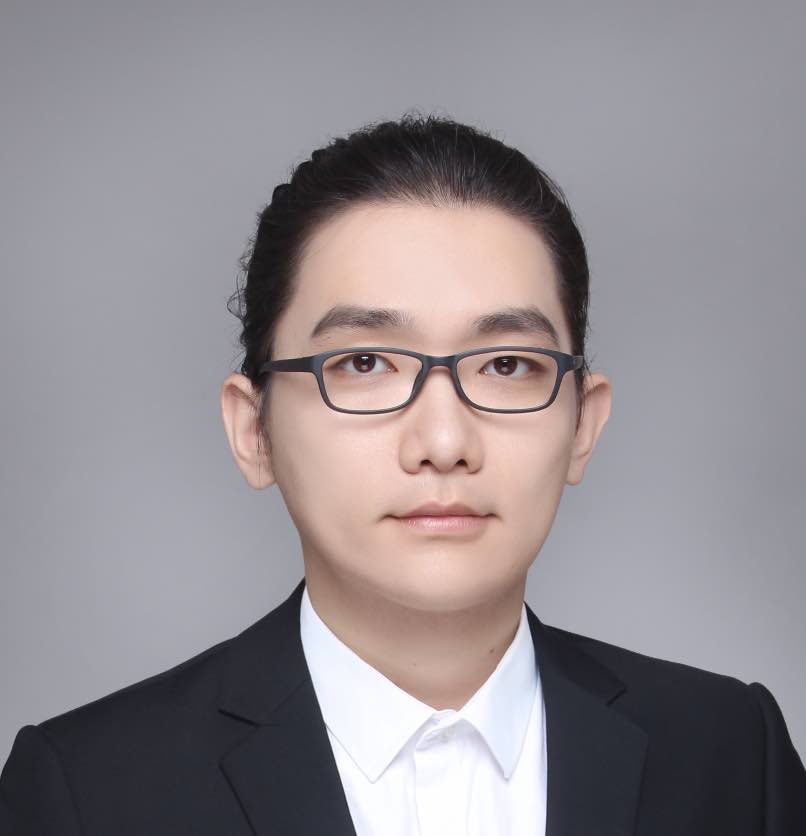
Tian Tian
Postdoc (2020-), <tiant2(at)andrew.cmu.edu>
I obtained my PhD in Chemical Engineering from ETH Zürich, Switzerland using combined theoretical and experimental techniques to model and engineer the properties of two-dimensional materials for real-world applications. I would like to use machine learning methods to study the stucture-property relations of low-dimensional materials in heterogeneous catalysis for which the experimental large-scale screening is impractical. In my leisure time I enjoy classical music, cycling, swimming and model building
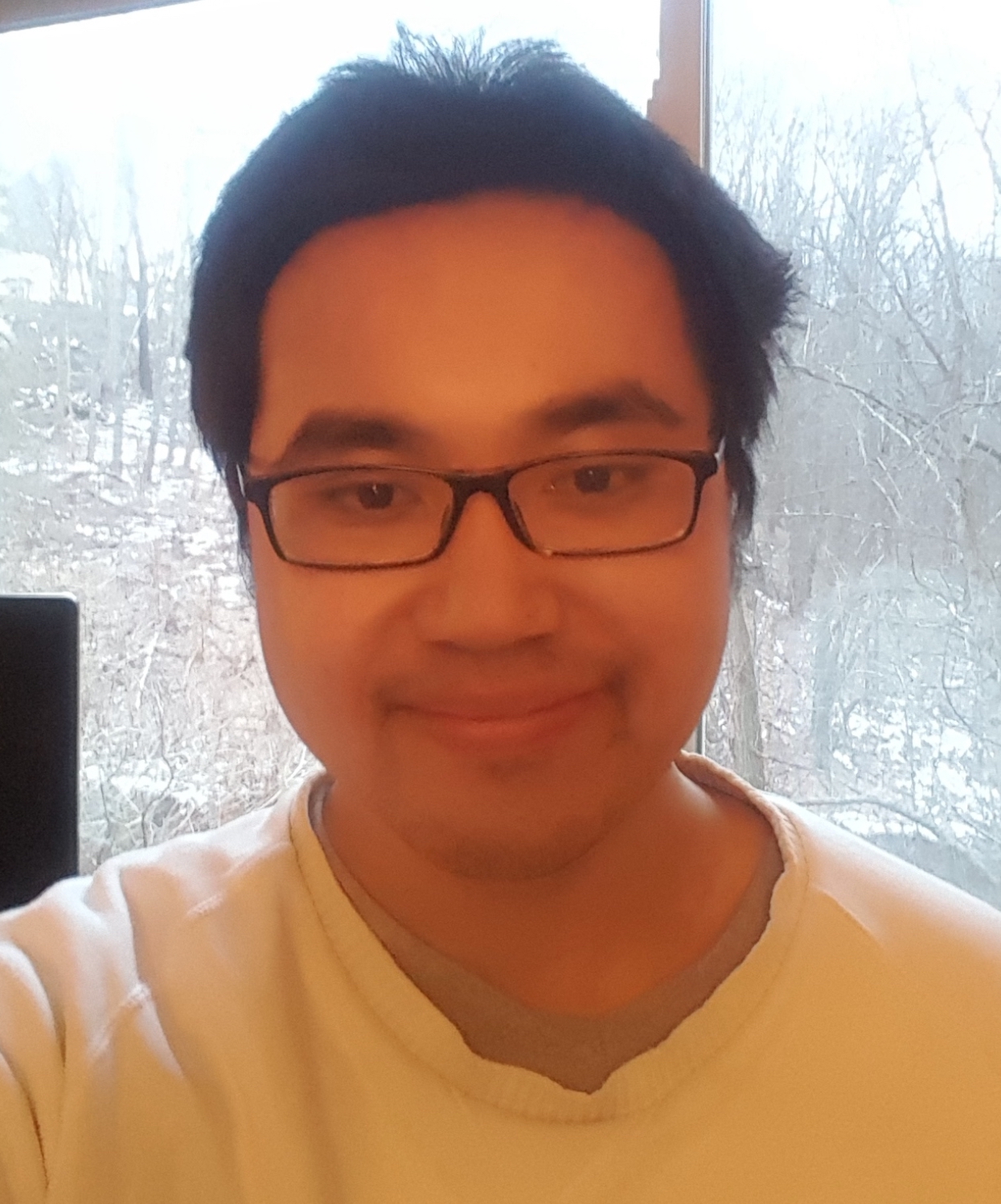
Richard Tran
Postdoc (2021-), <rtran(at)andrew.cmu.edu>
My research as a PhD student at UC San Diego involved theoretical (DFT) modelling of interfaces (grain boundaries and surfaces) and their influence on mechanical properties when impurities are present. I also investigated metal insulator transition in strongly correlated metal oxides. I hope to continue my research at CMU using machine learning to model the surface properties of strongly correlated metal oxides and other materials in the hopes of discovering novel catalytic materials for a wide variety of applications such as water purication and methanol adsorption. Outside of work I like drawing cartoons, playing video games, and boxing to stay in shape.
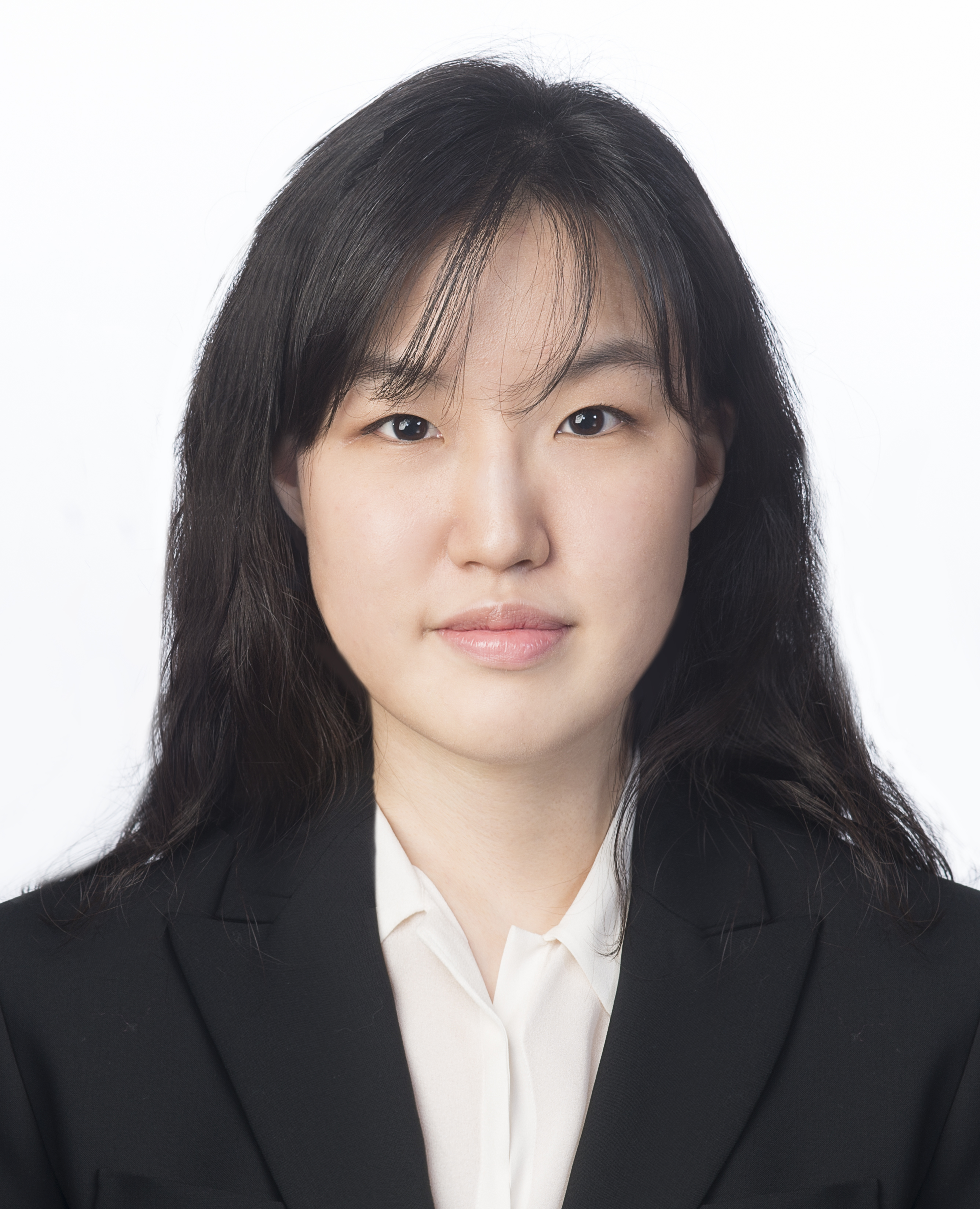
Kyung-Eun You
Postdoc (2022-), <kyungeuy(at)andrew.cmu.edu>
I graduated from Hanyang University in South Korea with B.S. and M.S. in Chemical Engineering. As an M.S. student, I studied the synthesis and morphological control of metal oxide nanoparticles in surfactant solution. From there, I moved onto computational and theoretical studies of heterogeneous catalysis in Dr. Heyden’s group at the University of South Carolina. During my PhD, I was interested in simulating “real world” systems using DFT calculation and microkinetic modeling to understand experimental results on a fundamental theoretical level and to provide prediction to experimental design. Then I decided to continue my research in CMU to study machine learning techniques that can accelerate finding new catalyst design. Outside of research, I like running, trail walking and birding.
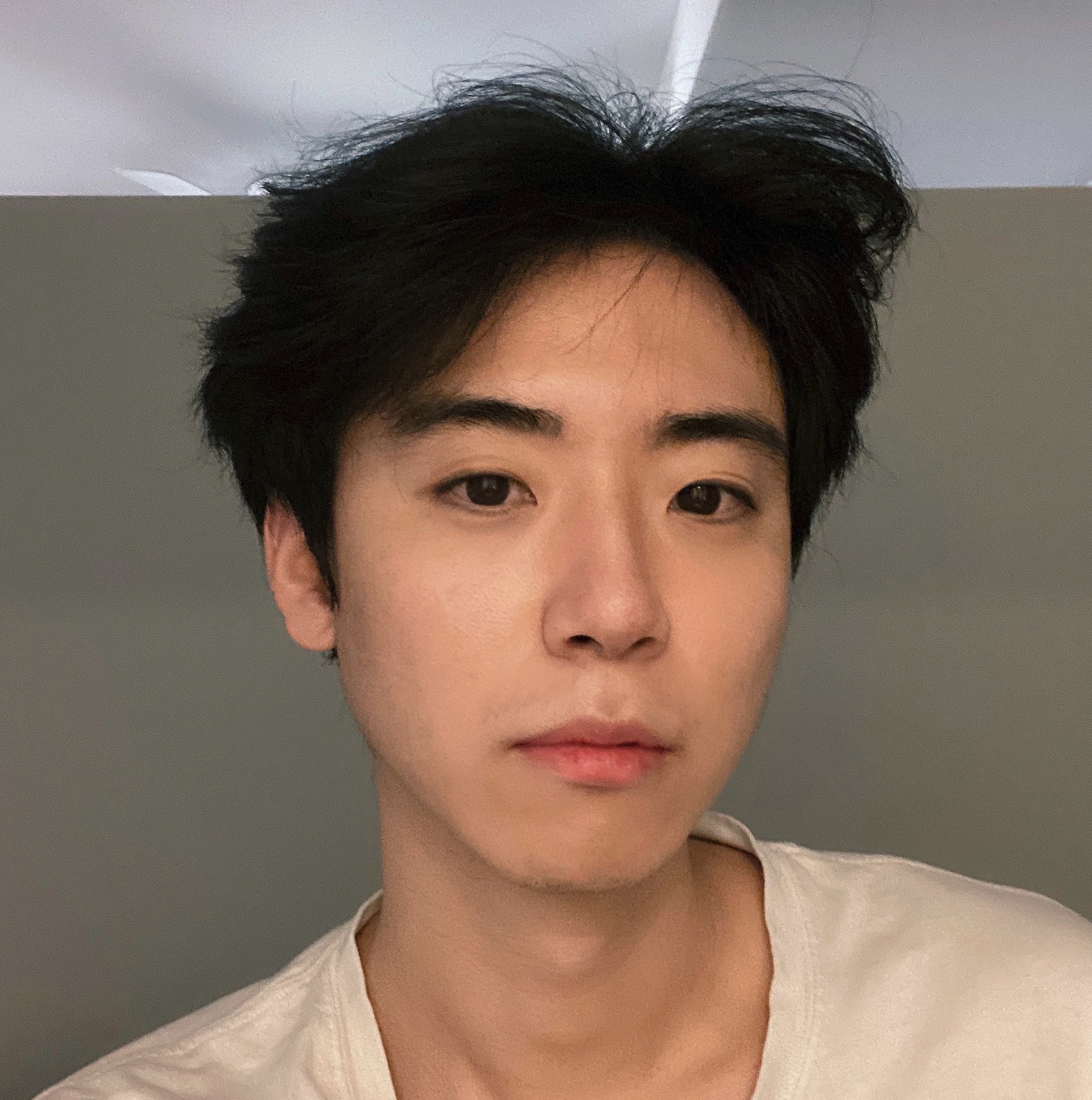
Junwoong (Jun) Yoon
PhD (2017-), <junwoony(at)andrew.cmu.edu>
My research focuses on deep learning and its applications in catalyst screening. I apply recent architectures of state-of-the-art Convolutional Neural Network (CNN) to predict catalyst properties. My goal is to design CNN architectures that can find better representations of atomic structures of materials to yield predictions with DFT-level accuracy. It will enable me to accelerate the catalyst screening process while minimizing the number of DFT calculations conducted. Further, it will also allow for the use of Deep Reinforcement Learning (DRL) for identifying metastable catalysts by providing accurate interatomic potentials for a given atomic configuration. In parallel, I always keep an eye out for (and sometimes buy) stocks for long-term investment. I am also interested in studying stock trading algorithms and strategies using machine learning.
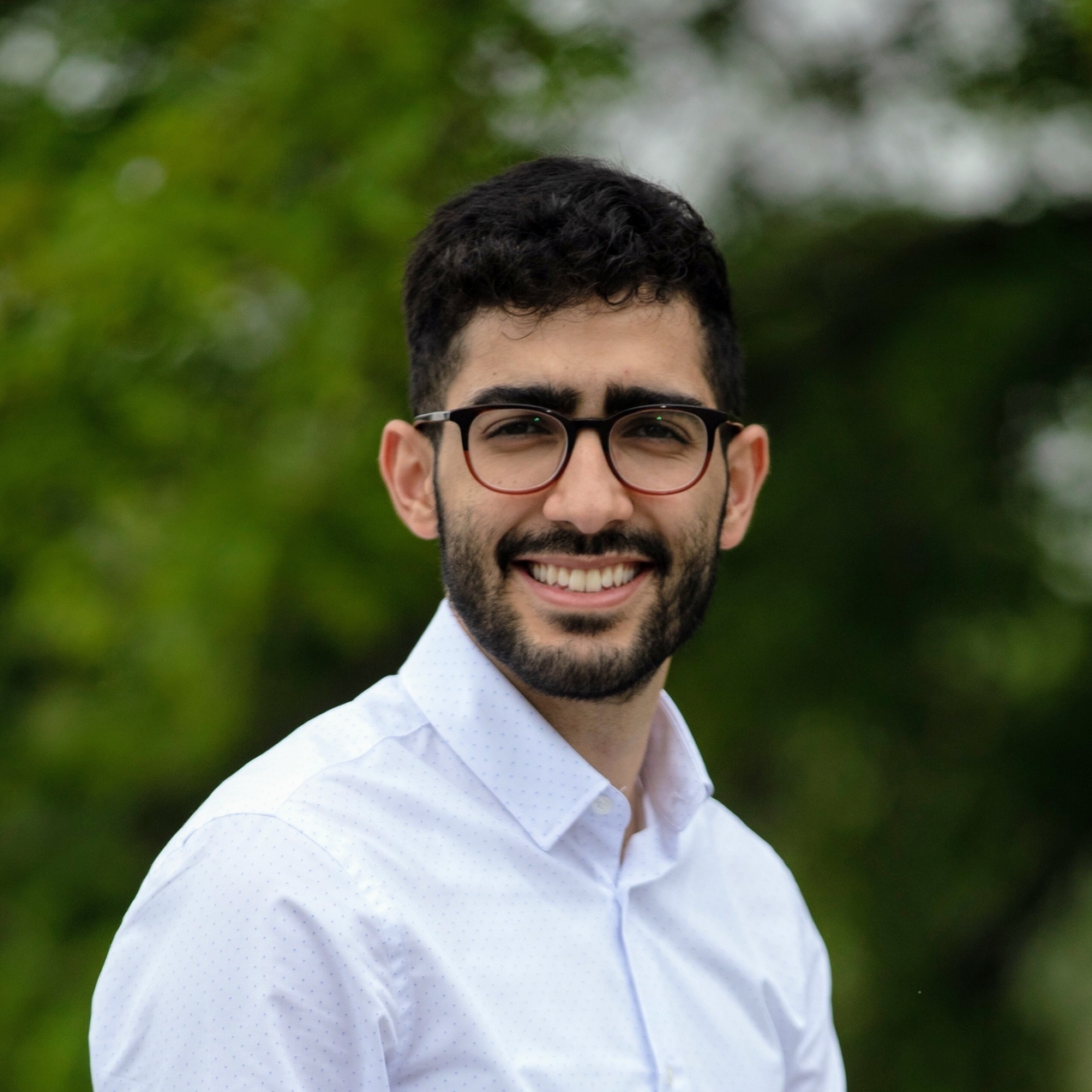
Muhammed Shuaibi
PhD (2018-), <mshuaibi(at)andrew.cmu.edu>
My research focuses on graph neural networks and deep learning approaches to catalysis. I strive to develop models and frameworks capable of accelerating atomistic simulations by orders of magnitude while retaining ab-initio level accuracy. I work closely with collaborators at Facebook AI Research (FAIR) to build datasets and models to meet such goals. Additionally, I explore active learning techniques to tackle similar problems in the small-data regime. Outside of work I enjoy spending time with family and friends. I am extremely competitive when it comes to sports and board games – my favorites being volleyball and Catan. My wife and I love exploring cities, parks, and new food places.
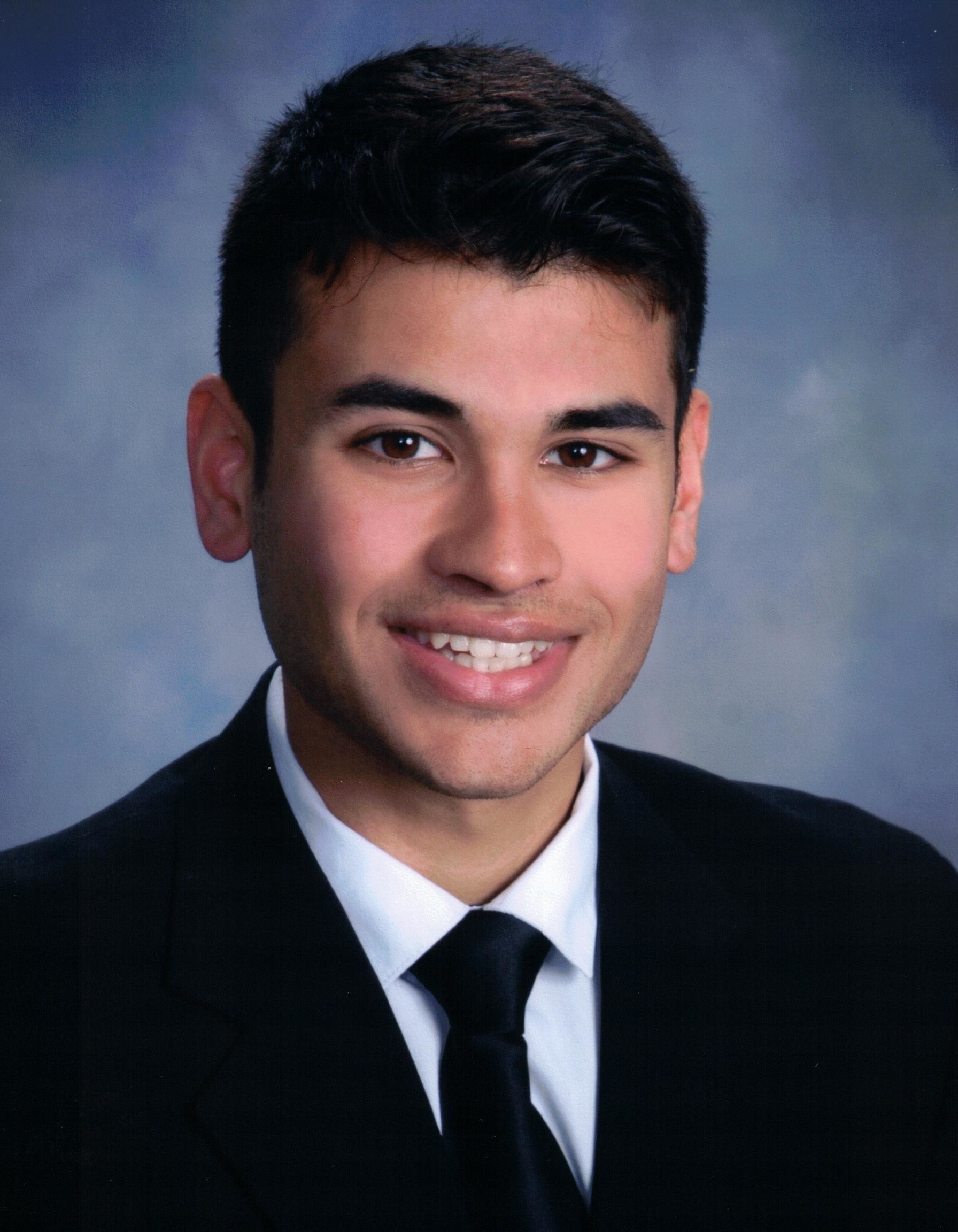
Nicholas Tiwari
PhD (2019-), <ntiwari(at)andrew.cmu.edu>
I obtained my B.S. in Chemical Engineering from Rowan University in Southern New Jersey. I conducted research in the Mixing Group under the direction of Dr. Robert Hesketh, Dr. Arthur Etchells and Dr. John Thomas. Here, I used Computational Fluid Dynamics software (CFD) to simulate stirred-tank systems for industrial application. During my time at Rowan, I was afforded a variety of experiences and connections, both industrial and academic. Each experience helped to shape my own thoughts on my future and research, culminating in my decision to attend Carnegie Mellon University. Through my research, I hope to convey the wide-reaching impact of chemical engineering. Outside of my research, I enjoy almost any physical activity. I run, lift weights, square dance, and play a variety of sports including intramural frisbee, volleyball and flag football.
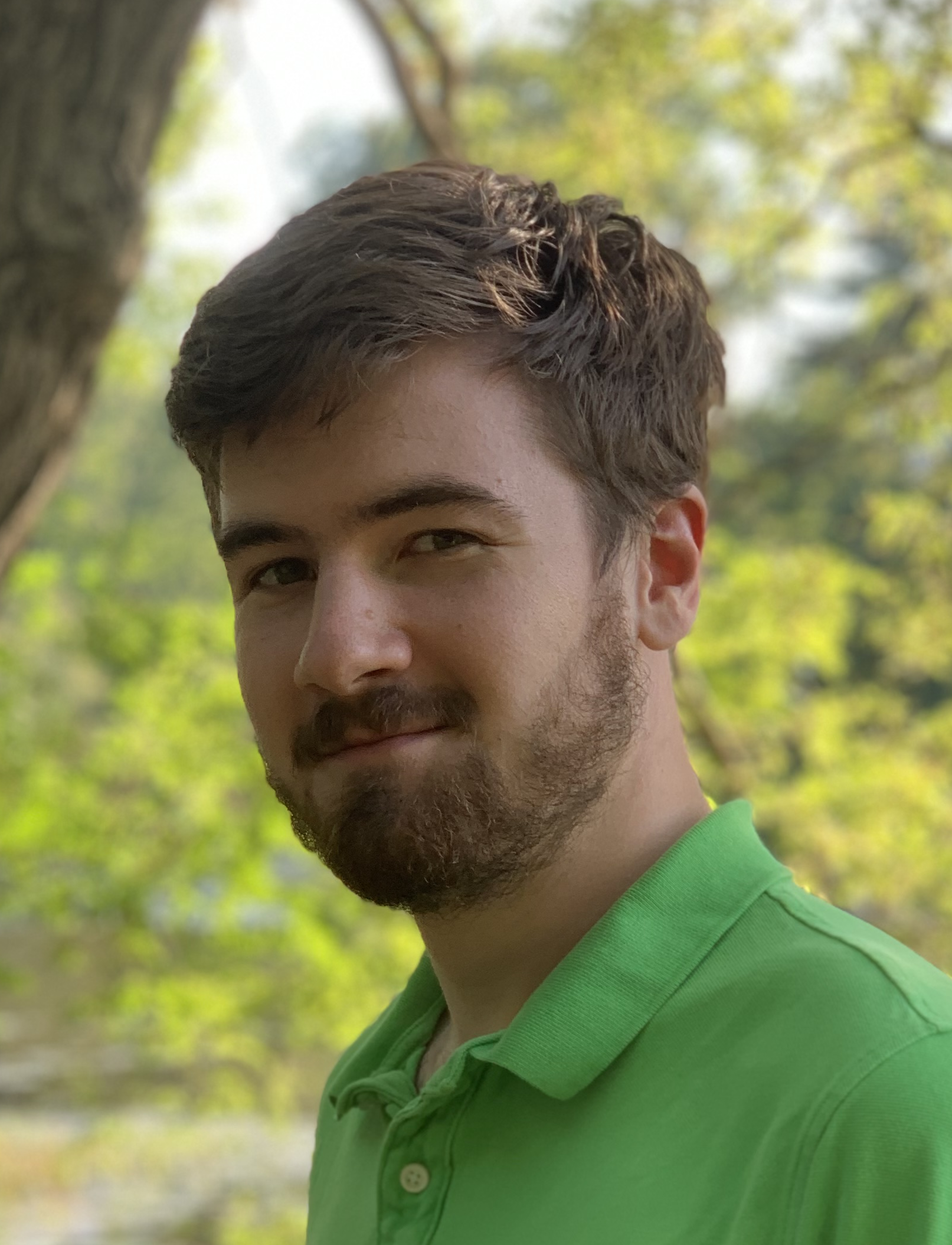
Kirby Broderick
PhD (2019-), <kbroderi(at)andrew.cmu.edu>
I graduated from Georgia Institute of Technology in May 2019 with a B.S. in Chemical and Biomolecular Engineering. As an undergrad, I analyzed highly multidimensional data and developed machine learning workflows for signal analysis in the Lu Fluidics Group. Undergraduate research afforded me the opportunity to work on fascinating problems alongside a lot of interesting people, leading me to join the Ulissi Group in late 2019. Here, I plan to develop new catalysts for hydrogen evolution and get better at tackling complex problems. Outside of research, I enjoy cooking, reading, and staying active.
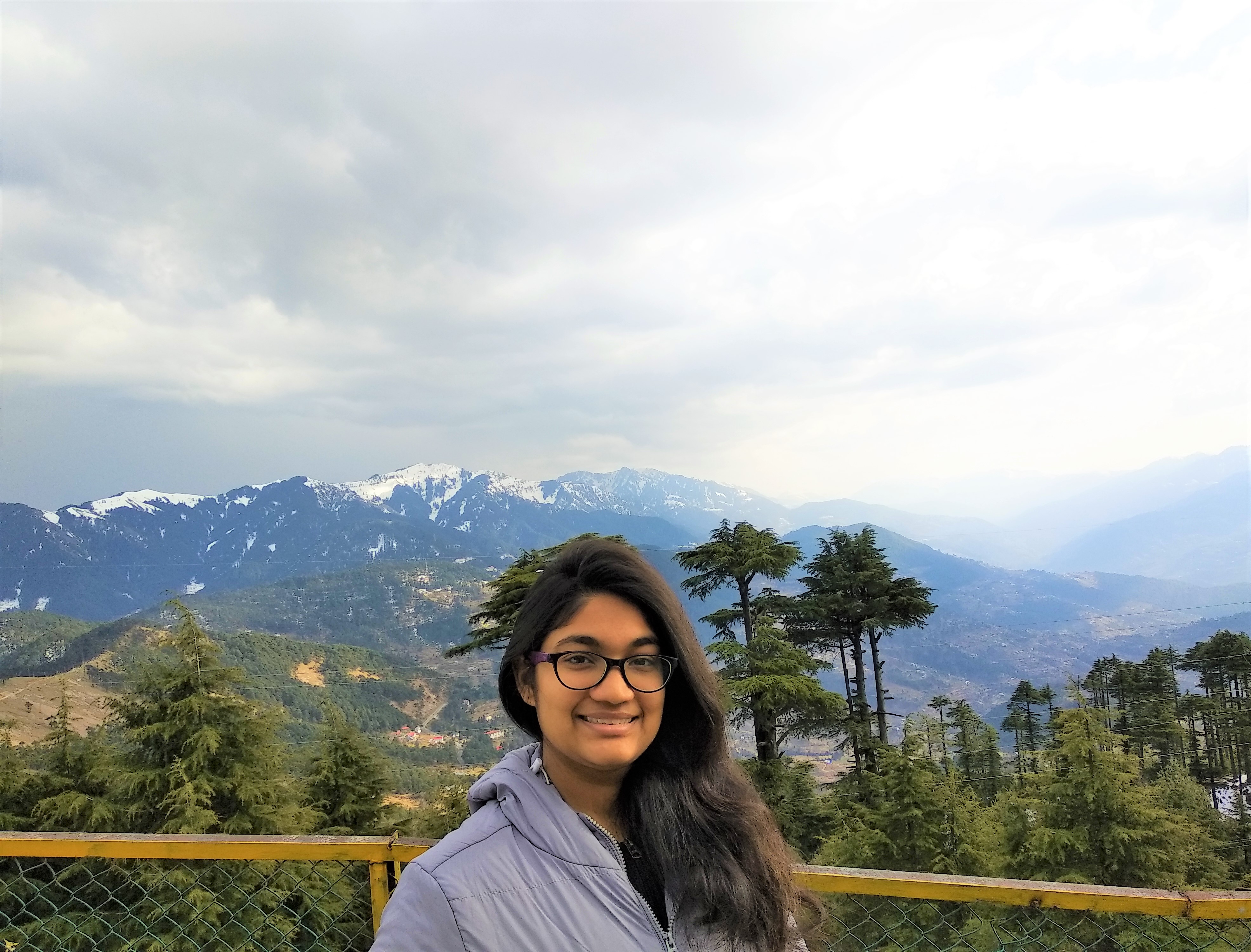
Unnatti Sharma
PhD (2019-), <usharma(at)andrew.cmu.edu>
I completed my bachelor’s degree in Chemical Engineering from Indian Institute of Technology - Hyderabad (IITH). There I worked with Dr. Praveen Meduri on photocatalytic hydrogen evolution. My aim here was to find or create a material that could photocatalytically split water to generate hydrogenthat could be used as fuel. I also worked with Dr. Phanindra Jampana on Compressed Sensing and System Identification in order to better understand what went into the working of large-scale chemical processes. During my time as an undergraduate student I enjoyed being part of various cultural activities and taking up positions of responsibility in the student council. Here at CMU, as an international student, I discover wonderful new things every day; like cornbread and Halloween, and an amazing work environment. I enjoy reading fiction and fantasy novels, cooking and dancing. I love anime and dogs! My favourite way to procrastinate is playing cards or board games with my siblings.
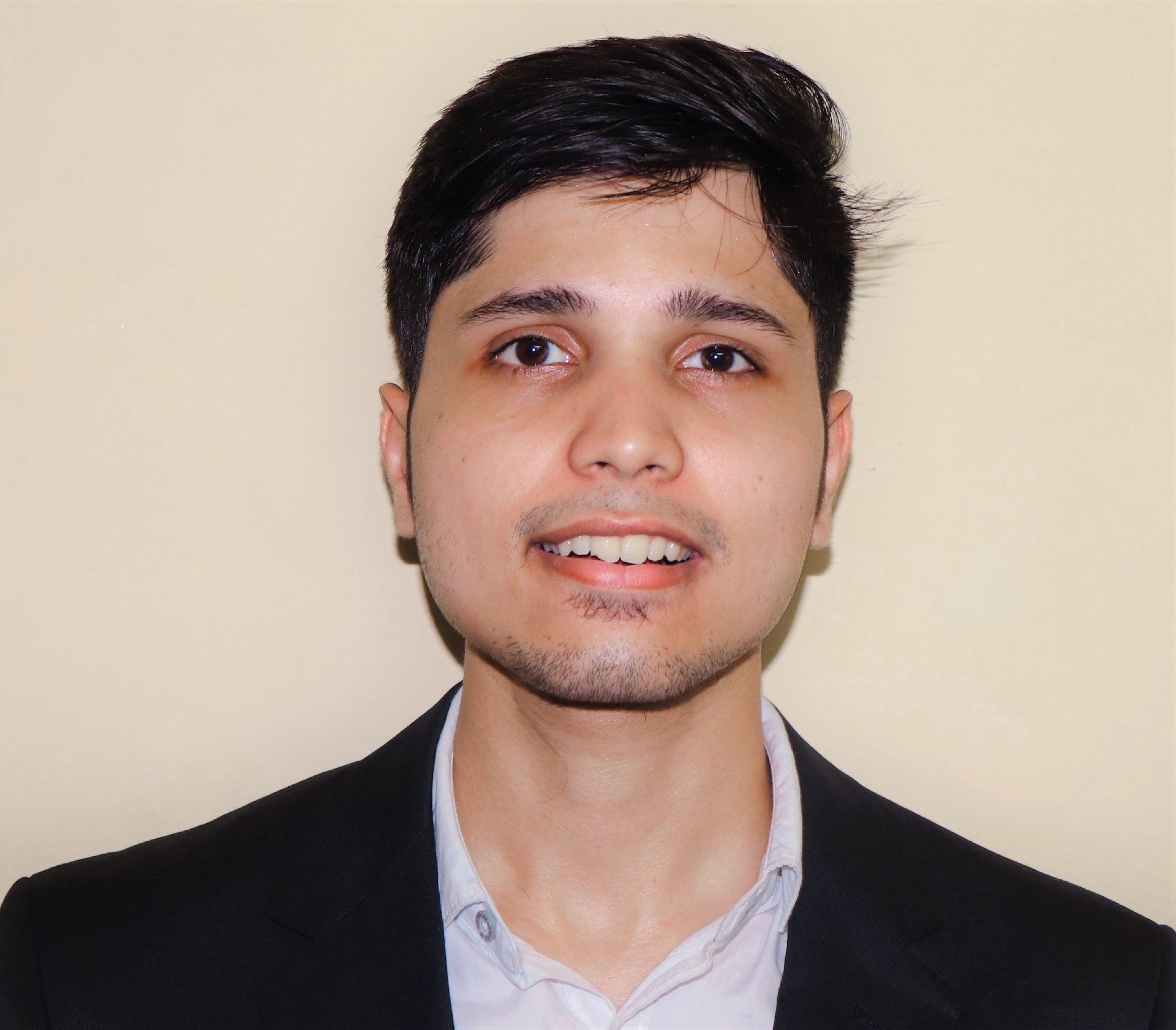
Adeesh Kolluru
PhD (2020-), <akolluru(at)andrew.cmu.edu>
I completed my bachelor’s degree in Chemical Engineering from Indian Institute of Technology, Delhi. My research experiences have been broadly related to computational aspects of Chemical Engineering, having completed projects in Deep Learning, Numerical Modeling, MD Simulation and CFD applications. I am currently fascinated with the idea of using efficient machine learning algorithms for accelerating computational catalysis. My goal would be to fill the gap between these two fields. During my undergrad I had been actively involved in various sports and culural activities. I played waterpolo for the institute team and was a part of Debating Club.
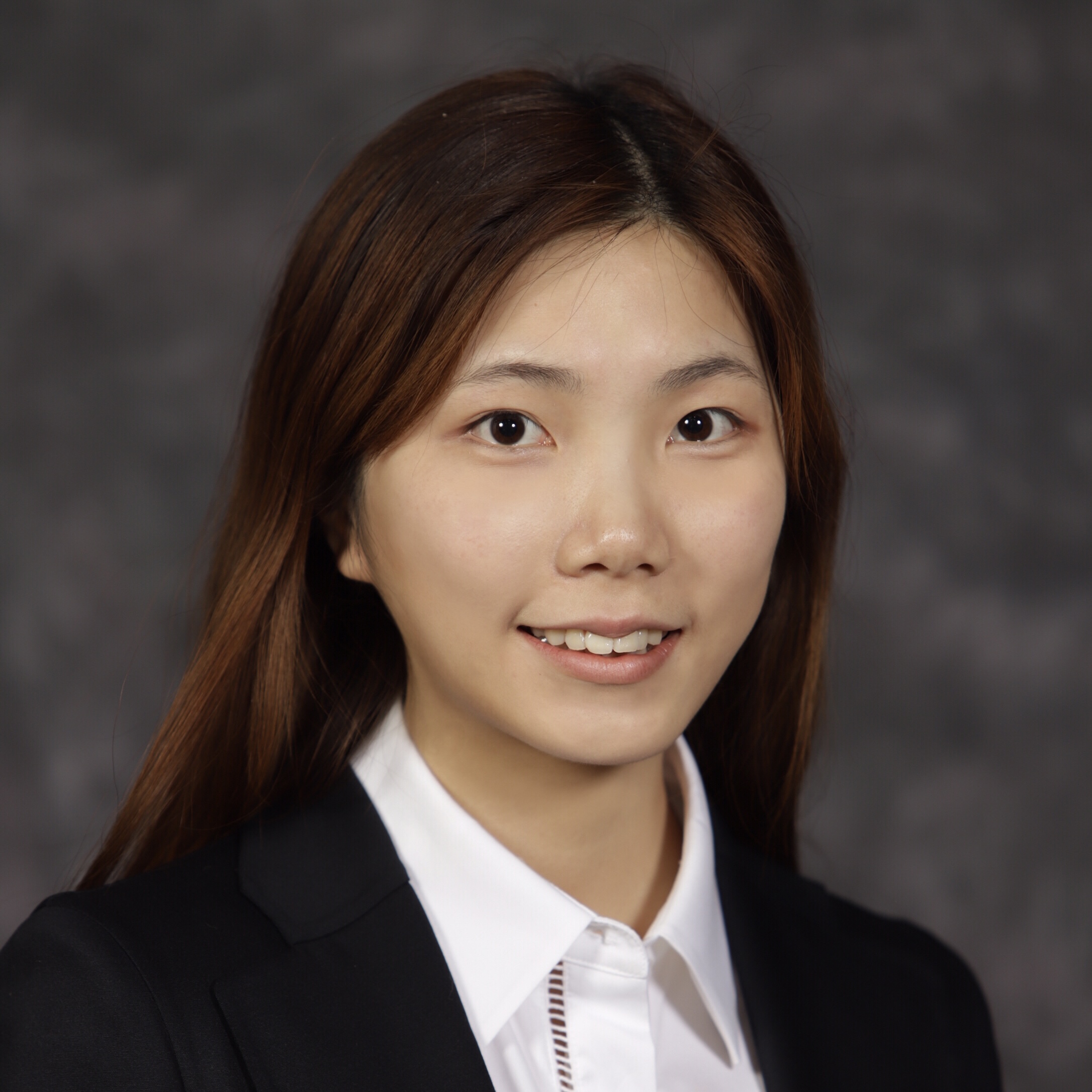
Xiaoxiao (Lory) Wang
PhD (2020-), <xiaoxia3(at)andrew.cmu.edu>
I graduated from Rose-Hulman Institute of Technology with a bachelor’s degree in Chemical Engineering. When I was an undergrad, I worked with Dr. Heather Chenette on polymer degradation in simulated marine environment. I also conducted research on developing 3D-printed filter press with Dr. Marissa Tousley and Dr. Daniel Anastasio. I was fascinated by the idea of employing machine learning method to facilitate catalyst discovery, which leads me to the Ulissi Group. In my free time, I enjoy baking, watching movies, and playing with my cat. I love taking photos to capture the best moments of my life.
Brook Wander
PhD (2020-), <bwander(at)andrew.cmu.edu>
I graduated from the University of California, Los Angeles with a B.S. in Chemical Engineering. At UCLA, I conducted experimental research in both the Chemistry and Chemical Engineering departments. After graduating, I worked as a Process Engineer at Apeel Sciences for three years. Outside of work, I enjoy cooking, playing games, and painting!

Joe Musielewicz
PhD (2020-), <jmus(at)cmu.edu>
I graduated from Iowa State University with a B.S. in Chemical Engineering and a minor in computer science. I am very interested in the application of machine learning methods to computational catalysis, in particular the acceleration of DFT calculations through active learning. In my free time I love to run, bike, hike, cook, play games, and read fantasy novels. I also enjoy casually observing U.S. politics and the stock market.
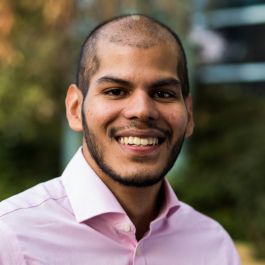
Yuri Sanspeur
PhD (2021-), <rsanspeu@andrew.cmu.edu>
I received my Sc.B. in Chemical Engineering and A.B. in Economics from Brown University in 2016. Throughout my academic and professional journey, I have wanted to contribute to the development of sustainable forms of energy for worldwide electrification. During my undergraduate years at Brown, I worked with Professor Peterson and Alireza Khorshidi, helping with the development of models that can return on-the-fly electronic energies. Following graduation, I wanted to approach the problem of sustainable energy production through the lens of project and structured finance. Having spent over 4 years working at a FinTech start-up developing software for renewable energy investments, I have returned to academia with a view to contributing to more accurate and scalable models using democratized deep learning frameworks, HPC/GPUs and world-class datasets. In my free time, I enjoy playing squash, looking for good restaurants and working on commercializing technologies from academia. I am currently working with a friend of mine to productize state-of-the-art shape analysis algorithms, with use cases like Optical Character Recognition (OCR).
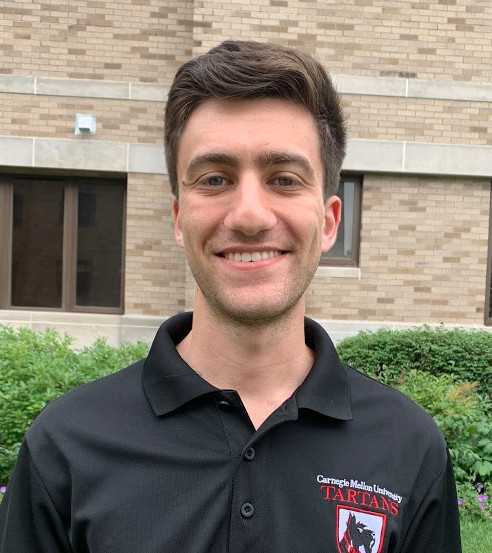
Ethan Sunshine
PhD (2021-), <esunshin(at)andrew.cmu.edu>
I graduated from the University of Notre Dame in 2021 with a Bachelor of Science in Mathematics and a Bachelor of Science in Chemical Engineering with a minor in Computational Engineering. During my undergraduate studies, I studied catalytic nanoparticles using computational and experimental techniques under the direction of Dr. William Schneider. I also became interested in various applied mathematics techniques including machine learning. In my graduate studies, I plan to combine modern machine learning techniques with physical insights to improve and accelerate computational chemistry calculations. I am especially interested in energy technologies. Outside of work, I like to cook, explore Pittsburgh, and play board/card games with my friends. I am also a fan of college football and Formula One.
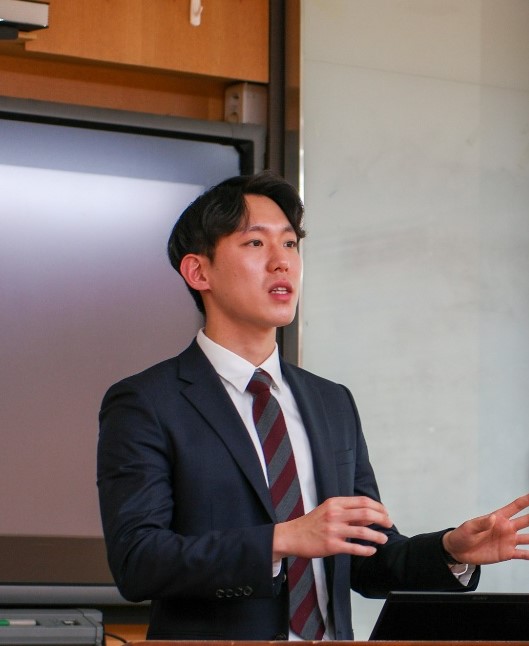
Janghoon (Hoon) Ock
PhD (2021-), <jock(at)andrew.cmu.edu>
I completed my bachelor’s and master’s in chemical engineering at Seoul National University. During my master’s I conducted research regarding the rheological characteristics of the particulate polymeric fluid under the direction of Dr. Kyung Hyun Ahn. Prior to joining CMU, I worked as a researcher at SK Innovation for three and a half years. While working in the petrochemical and EV battery industry, I developed plant-wide process simulation models of polymer plants and computational fluid dynamics models of the anode/cathode coating process. I am interested in the application of a data-driven modeling approach in computational catalysis/chemistry. My current research is to incorporate the co-variance of DFT calculation to improve the trustworthiness of the graph-based AI/ML model. Apart from research, I enjoy running, weight-lifting, and traveling. I used to do CrossFit and oil painting, and I hope the Ph.D. program spares me some time to enjoy them again.
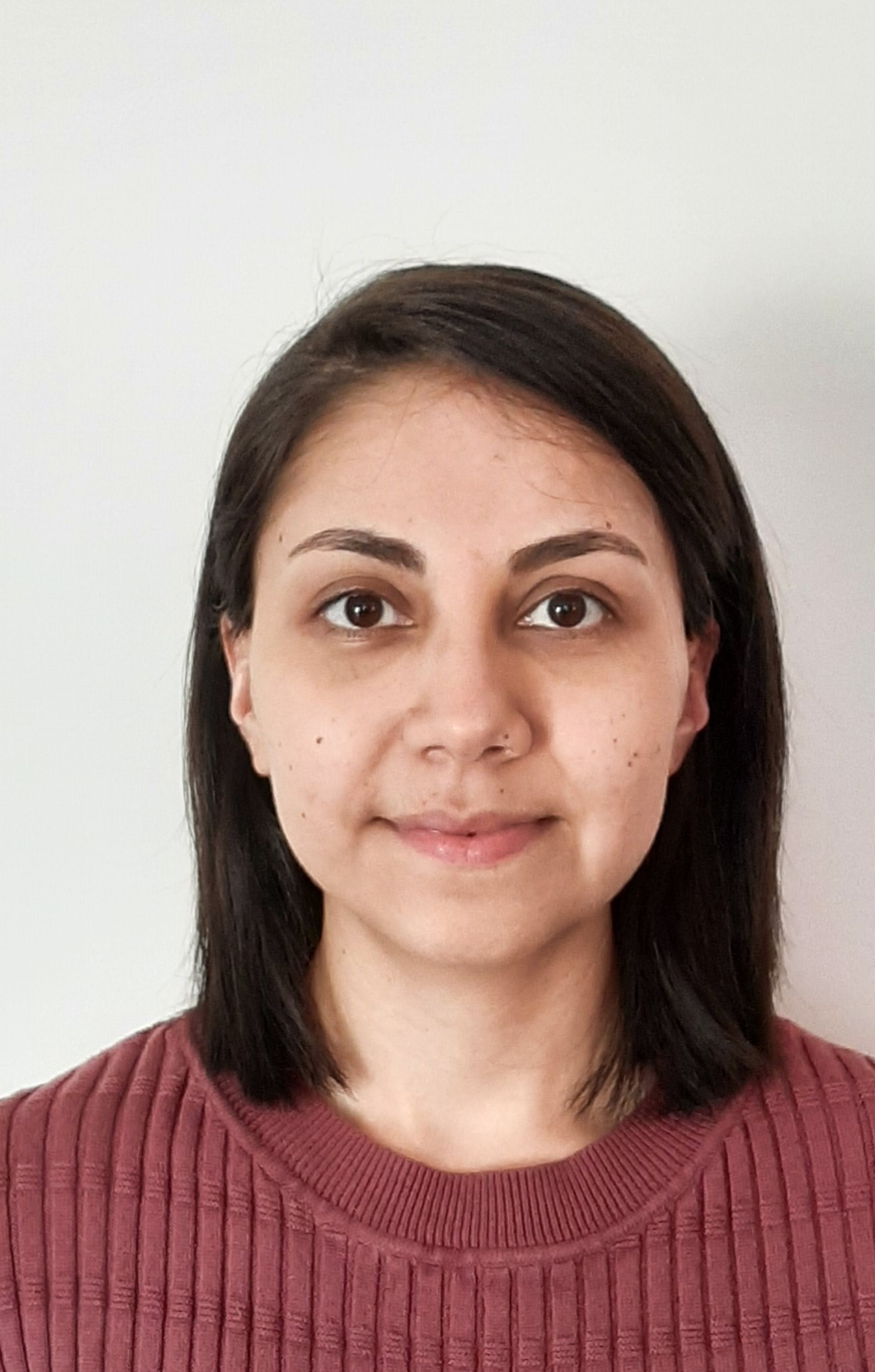
Hilda Mera
PhD (2021-), <hmera(at)andrew.cmu.edu>
I graduated from Texas A&M University in 2012 with a Bachelor of Science in Chemical Engineering. For undergraduate research, I conducted computational research for Professor Perla Balbuena on fuel cell catalyst materials, oxidation of platinum alloy nanoparticles, and metal-organic frameworks for carbon dioxide sequestration using molecular dynamics methods. I completed a Master of Science in Chemical Engineering at Cornell University in 2016 and conducted research on density functional theory calculations of lead selenide and lead sulfide nanocrystals with the guidance of Professor Tobias Hanrath and Professor Abraham Stroock. After I graduated from Cornell University, I worked as an Adjunct Faculty in the Natural Sciences Department at Castleton University and taught chemistry labs. Afterward, I worked for the Research Foundation in the State of New York as an Etch Engineer. Outside of school and research, I enjoy trail walking, exploring nature and parks, and exercise (jogging).
Masters and Bachelor Students

Aaron Garrison
UG (Summer 2021-2022), <aarongar(at)andrew.cmu.edu>
Over the summer, I trained machine learning models from the Open Catalyst Project on the Transition Metal Quantum Mechanics dataset (tmQM), with the objective of predicting interesting properties of new transition metal complexes, to potentially be applied in the catalysis field. Outside of classes, I enjoy playing racquetball and squash, as well as playing the French horn, tuba, and trombone.
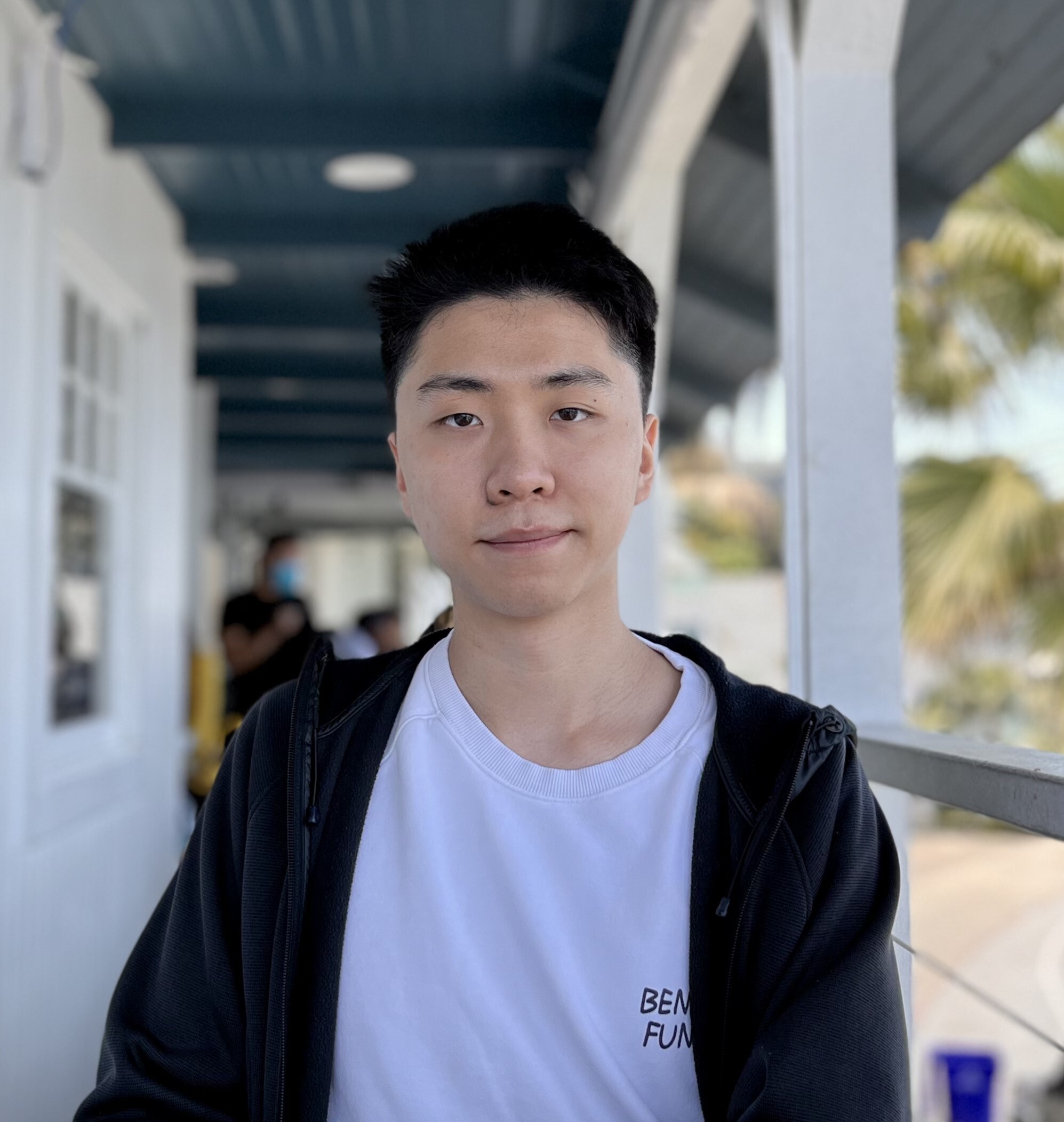
Wenzhuo (Leo) Li
UG (Summer 2022), wenzhuol@andrew.cmu.edu
I worked with collaborators on Machine Learning application in Additive Manufacturing. My project centers around using Machine Learning to search for the optimal process parameter boundary in Directed Energy Deposition (DED) processes. I built a program that uses a sequential strategy–Gaussian Process regression and/or classification models are trained on existing experimental data; with the trained models it uses Bayesian Optimization to explore the parameter space and determine the next set of parameters to test.
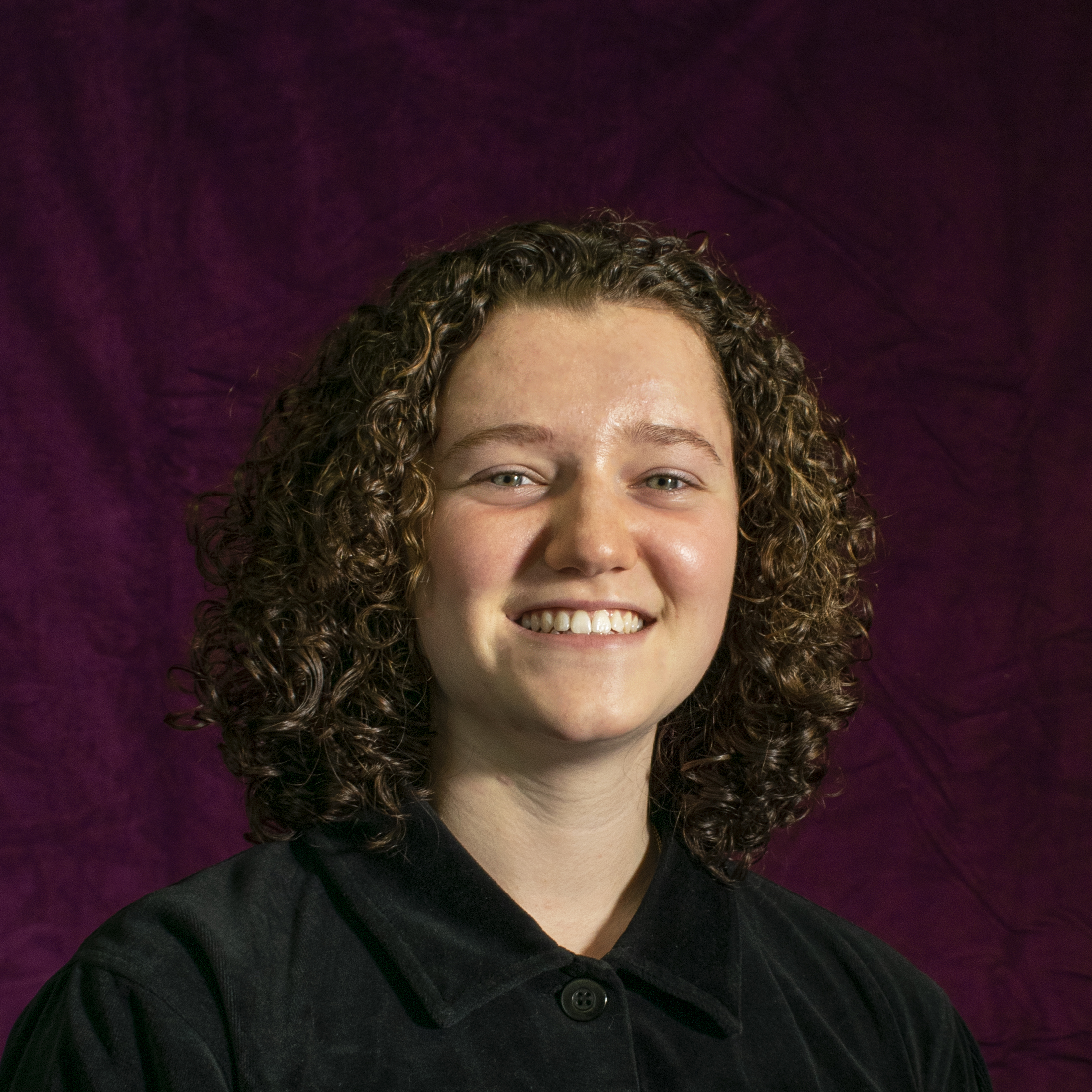
Logan Meritz
UG (Summer 2022), lmeritz@andrew.cmu.edu
This summer I trained ML models to predict the surface energies of intermetallics and classify the lowest energy termination for each crystal facet. My work saves computational time and cost in catalyst screening due to the filtering of surfaces by surface energy. In my free time, I like to make music playlists, watch documentaries, and play volleyball.
Alumni
Kevin Tran
Role: PhD (2016-2021). Now working as a senior research scientist in the Energy & Materials division of Toyota Research Institute.
Aini (Pari) Palizhati
Role: PhD (2017-2022). Now working as a management consultant at Boston Consulting Group.
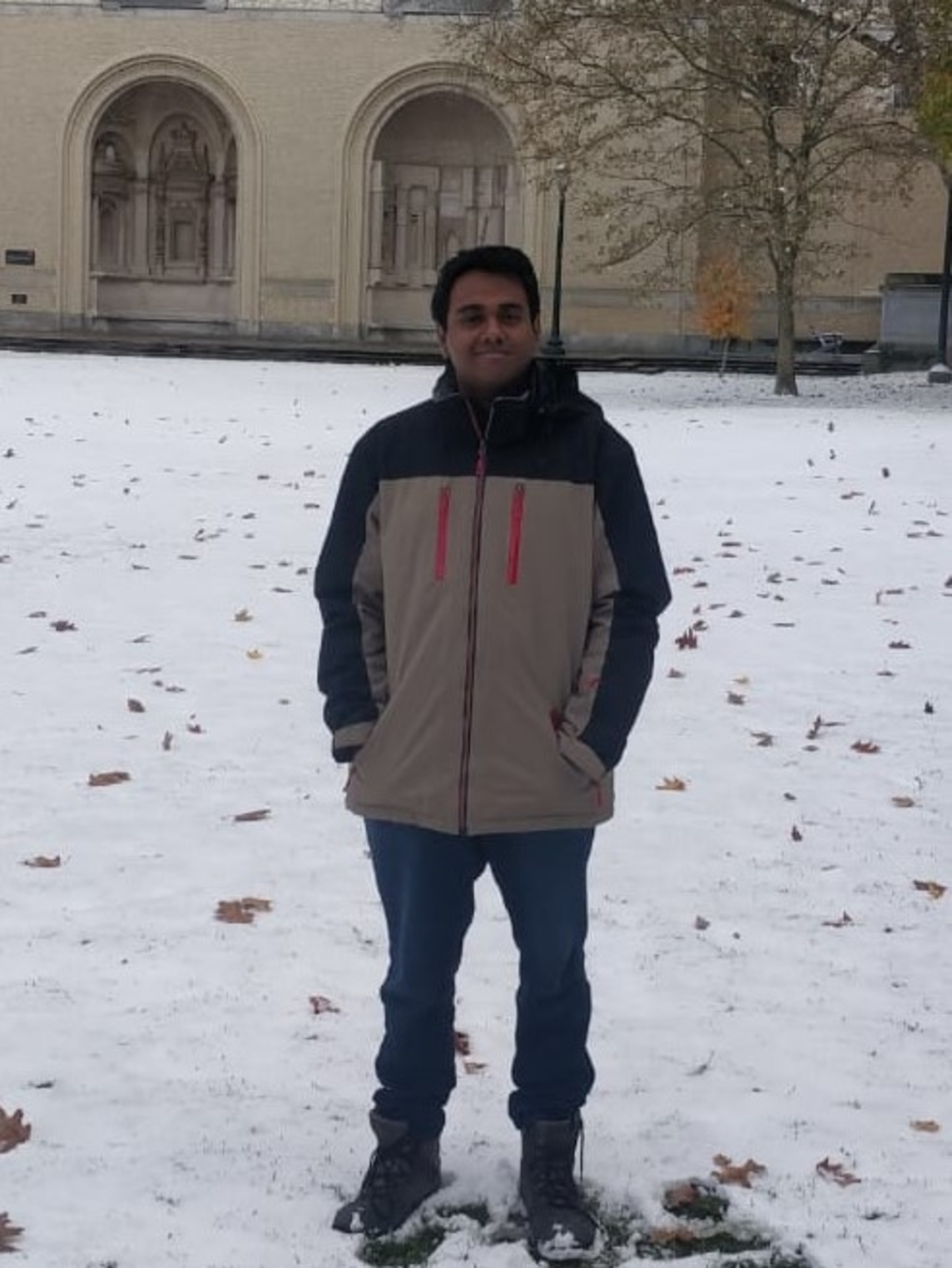
Saurabh Sivakumar
Role: MS(2019-2020), RA (2021). Now pursuing a PhD at UC Davis.
Matt Adams
Role: MS (2019-2020), now working with the EPA
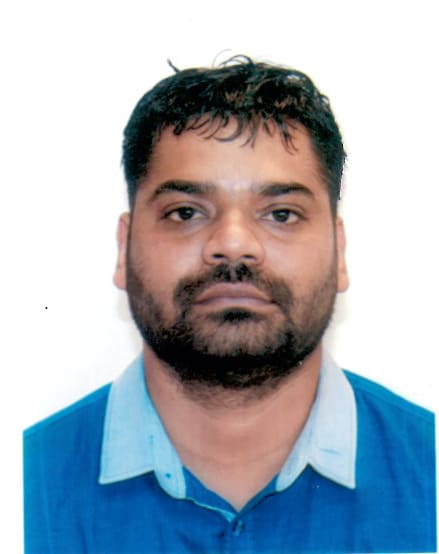
Rajesh Raju
Role: Fellow, Science and Research (2020-)
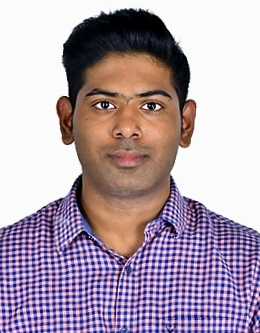
Sudheesh Kumar Ethirajan
Role: MS(2019-2020), Now pursuing a PhD at UC Davis.
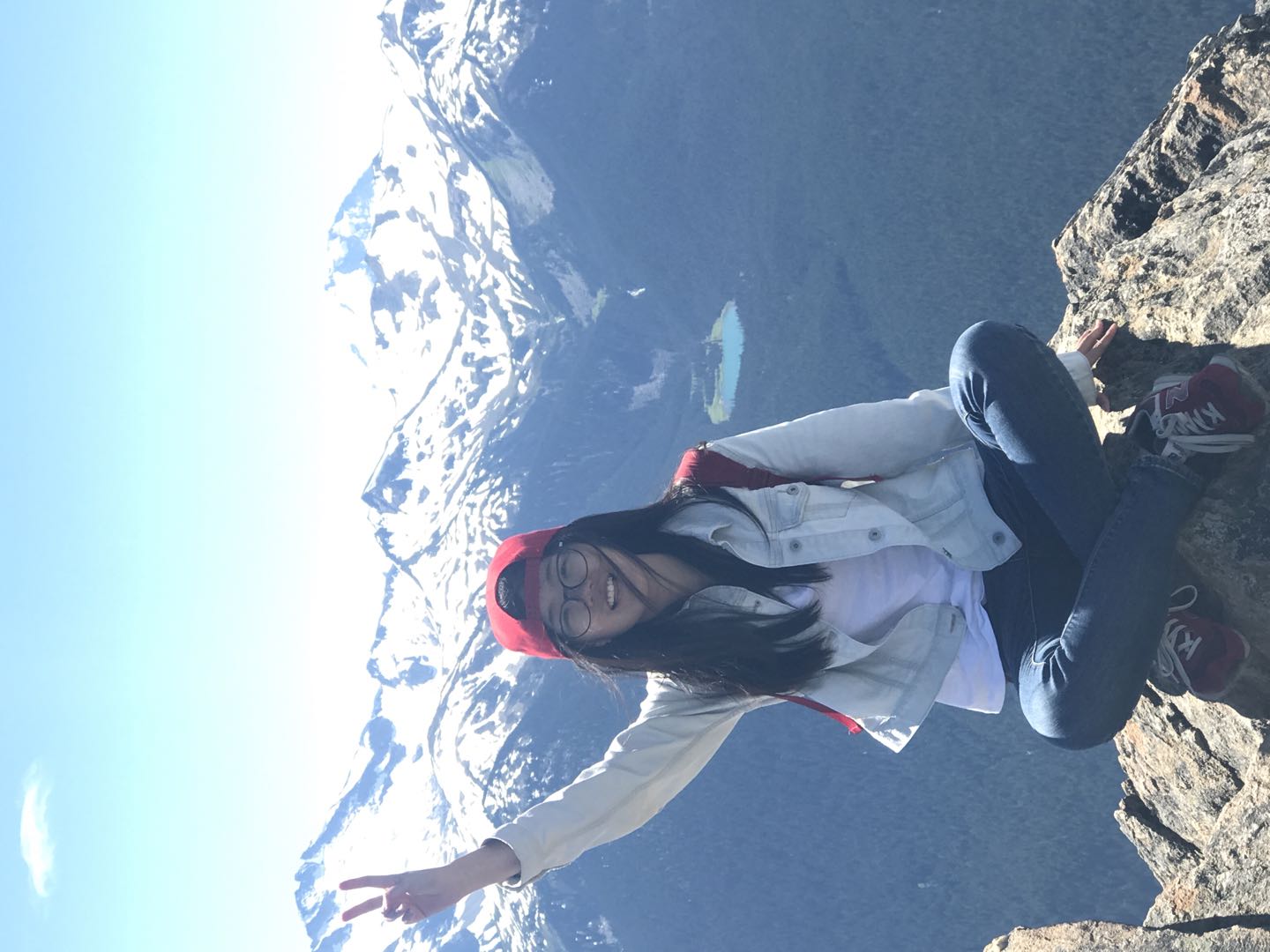
Jingxuan Li
Role: MS(2019-2020)
Arundhati Madabhushi
Role: MS(2019-2020), Management consulting at BCG.
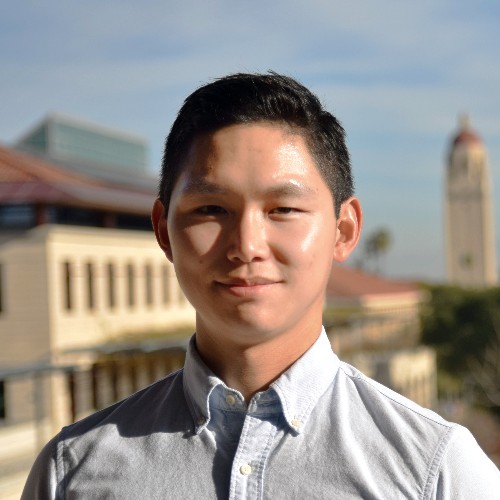
Seoin Back
Role: Post-doc 2018-2020, now faculty at Sogang University in Korea.
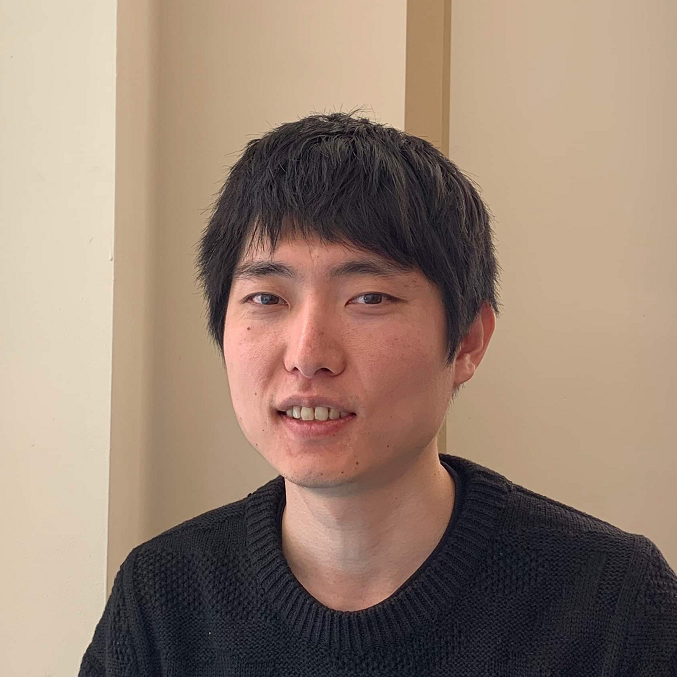
Katsuyuki Tomita
Role: MS(2019),RA(2020), Researcher at Nippon Steel.
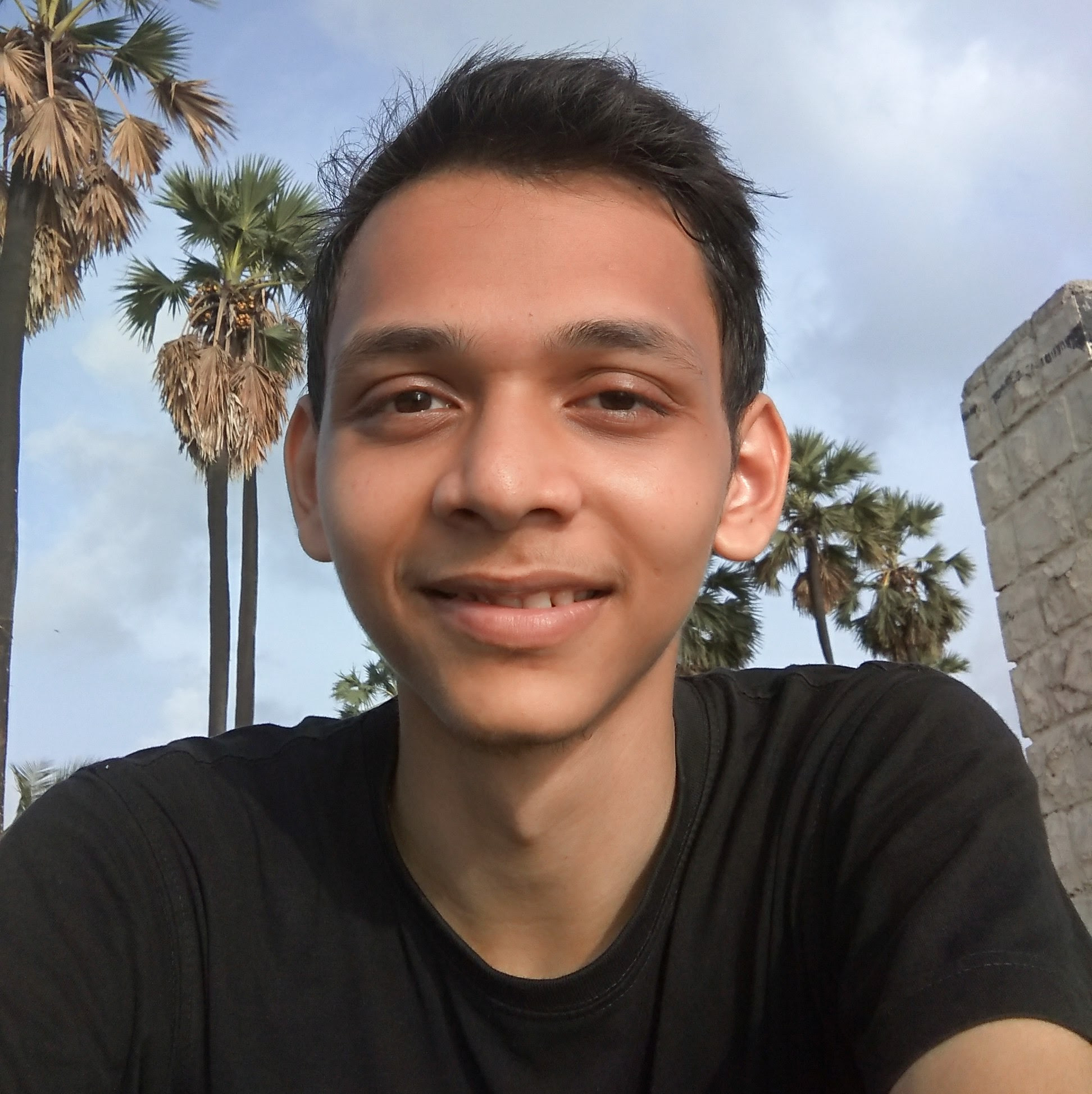
Amish Chovatiya
Role: MS(2019),RA(2020), Now pursuing a PhD at Notre Dame.
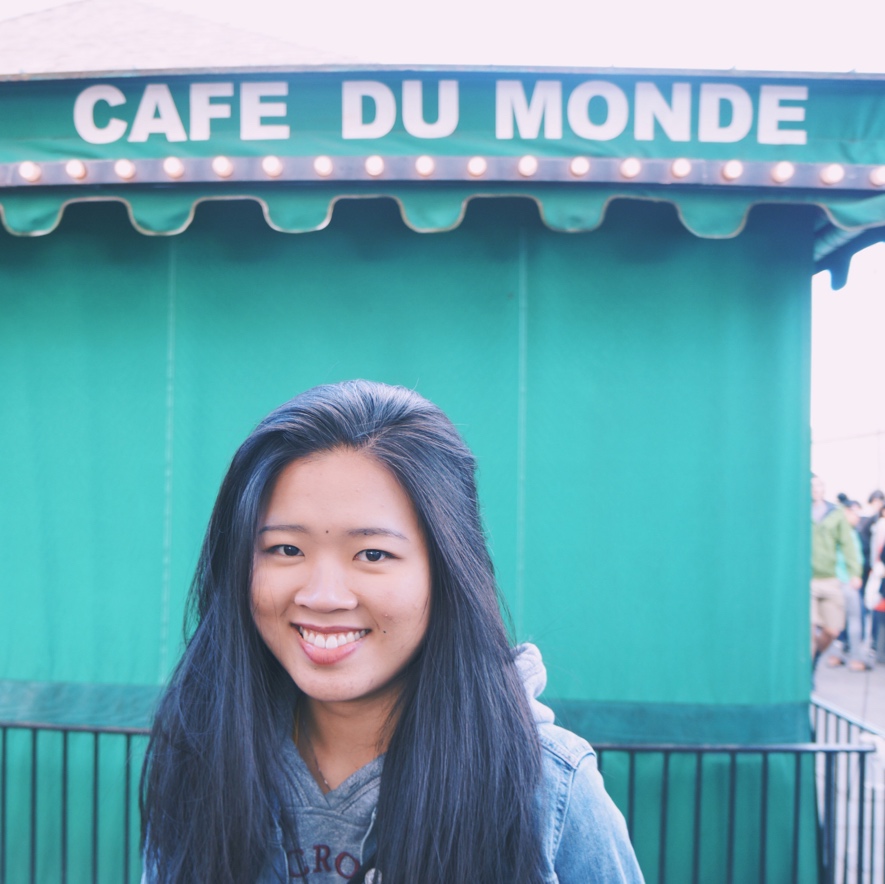
Nianhan (Kaylee) Tian
Role: UG,MS(-2020). Now pursuing PhD at Georgia Tech.
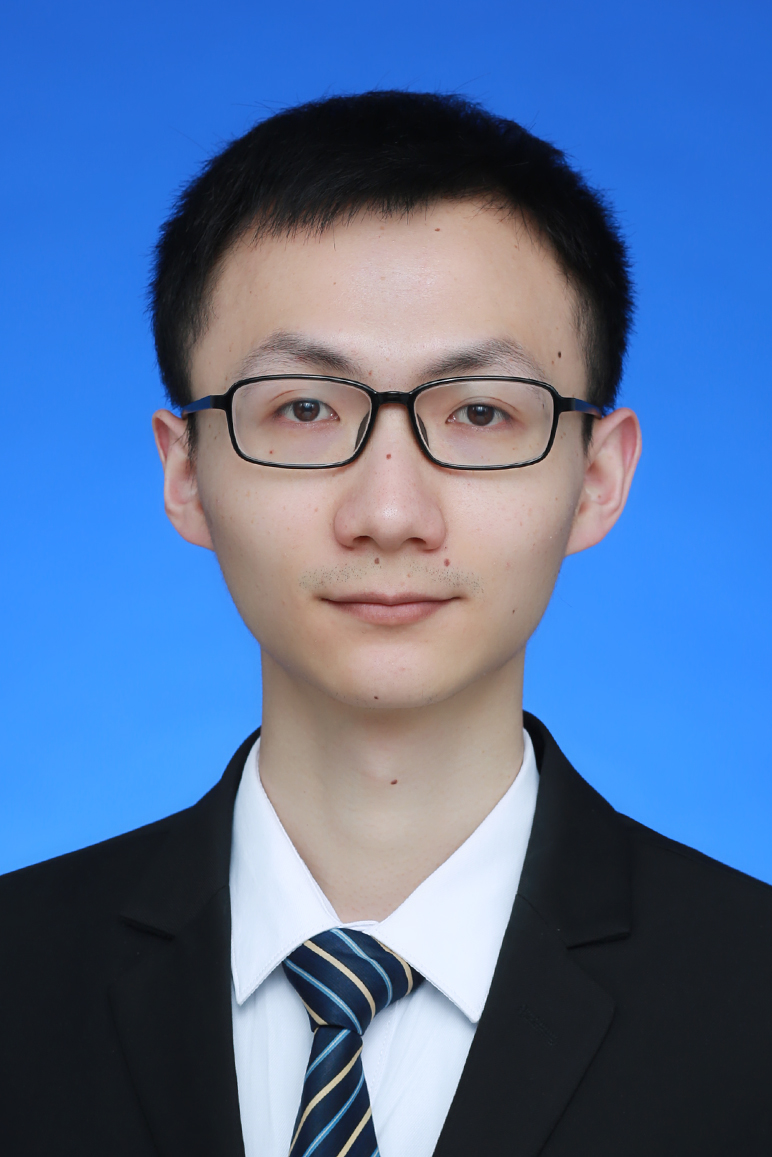
Xiaoyan Fu
Role: Visiting PhD
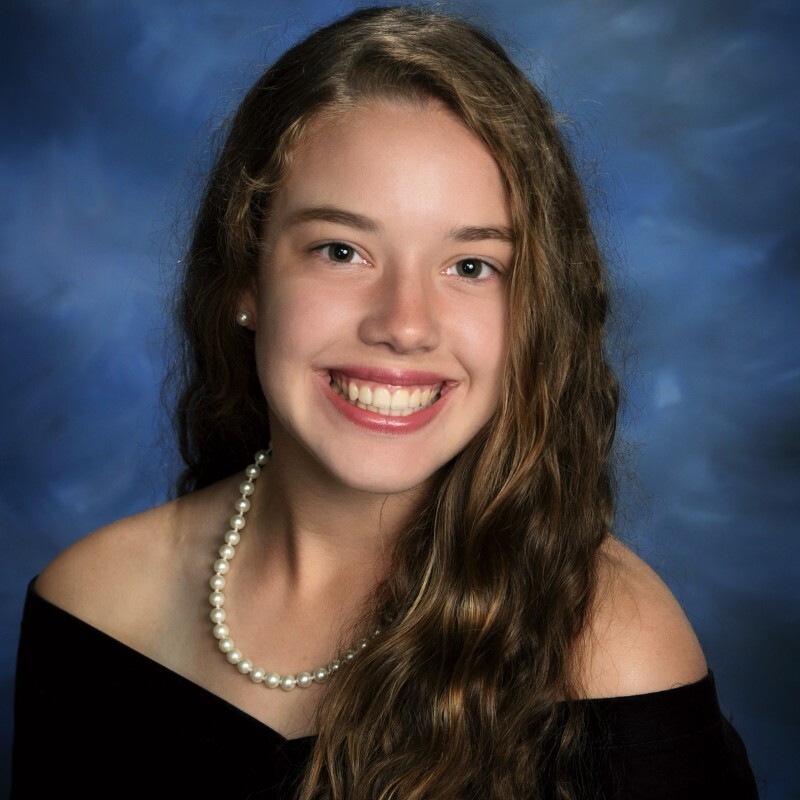
Jasmine Fahrenkrug
Role: UG (Summer 2021)
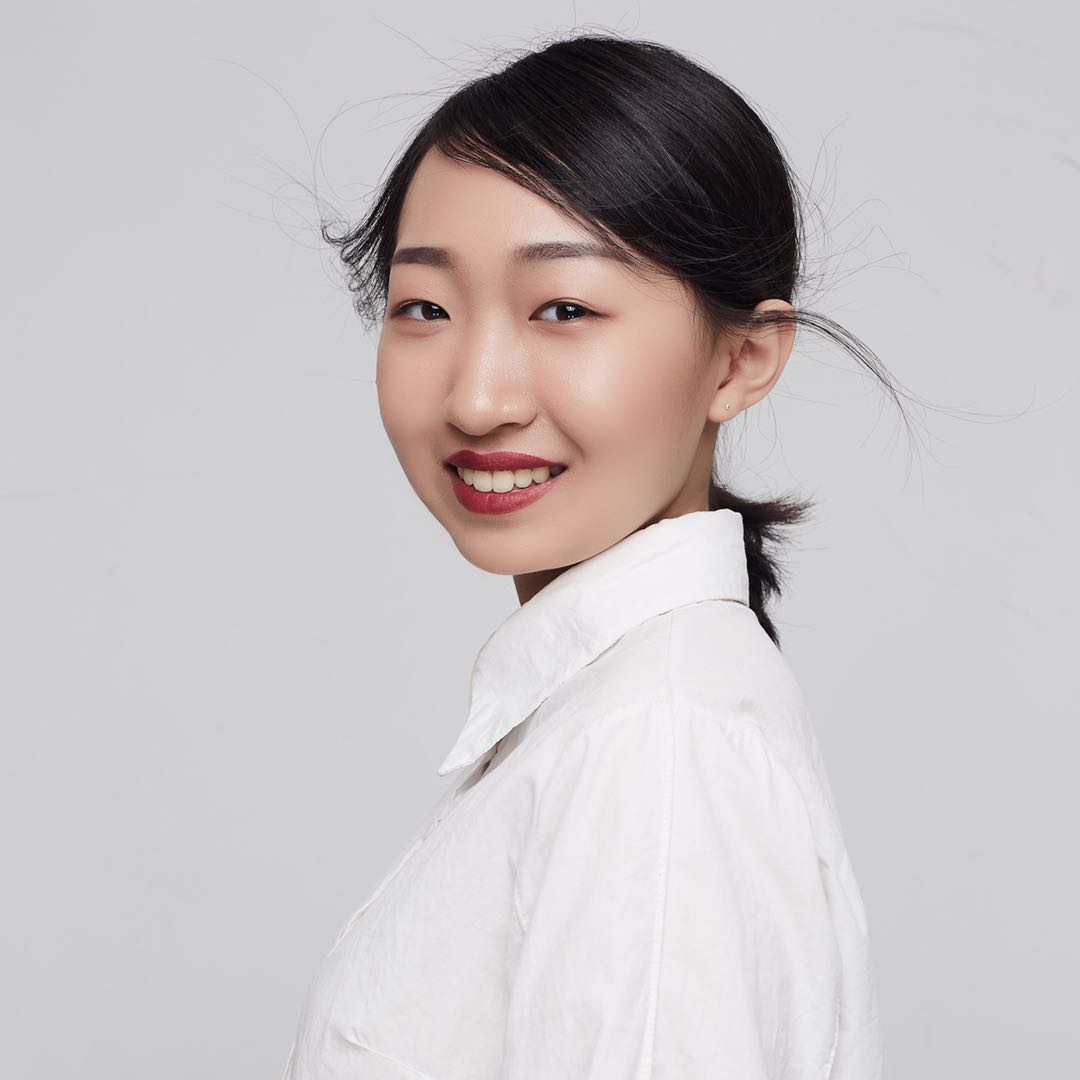
Ketong Chen
Role: UG (Summer 2021)
Former visitors, BSc/ MSc students
Visitors
Master students
Wen Zhong, MS, 2018
Zong Qian Yu, 2018
Tanmay Raj, 2019
Qingyang (Ernest) Zhang, 2019
Shiv Rekhi, 2019
Bachelor Students
Hyukjae Kwark, 2018
Ketong Chen
